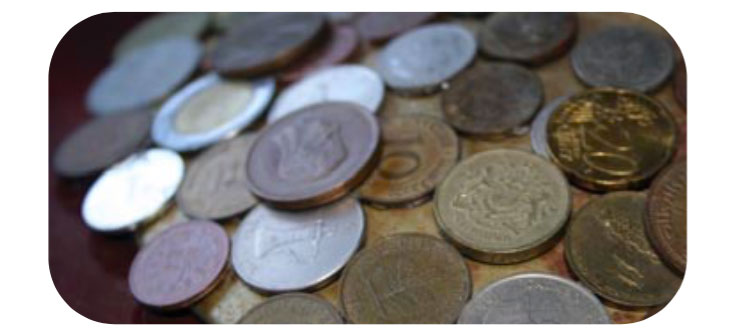Richard Evans is the Chairman of the CIPHE’s Education & Training Group. In this issue of ETM he continues with his views on issues that will have an affect on the plumbing industry.
Perceptions
This article focuses on the continuing crisis in the industry resulting from the shortage of qualified practising plumbers. The article in the last issue highlighted that fewer training places means fewer plumbers qualify. However, more funda- mental is the negative attitude towards practical occupations, coupled with a still prevailing perception about technical and vocational qualifications as somehow second class.
Funding
Since the early 1990s as a result of the various governments’ misguided funding policy, high recruiting, low tech and low cost programmes were encouraged. This gave the government post-16 student number targets but the number of techni- cally qualified students continued to decline. The country then resorted to recruiting plumbers from overseas and although one understands the conse- quences of EU membership and global- ism, there are some fundamental ethical questions about poaching professionals from overseas. Also as the current situa- tion has shown the solution is short term and fragile and many countries have now introduced policies to ‘grow their own timber’.

The current funding situation is difficult as a result of the government’s austerity measures. In addition, the requirement that students will have to pay for their courses beyond level 2 will further reduce the numbers wishing to continue their studies and hence deter colleges from investing in the discipline. Related to this is the need to elevate the level of qualifica- tions for plumbers. Level 3 should be the norm mirroring that of requirements in Scotland.
Media campaign
The current negative image of plumbing needs to be addressed through a whole series of campaigns especially in the media. The ‘cowboy’ expression/epithet must be consigned to the dustbin of history. It is essential that more effective services of careers information, advice and guidance are introduced at all stages of the education and training system. They must deliver honest broker approaches promoting plumbing positively as a profes- sion. Clearly one of the most crucial elements is the need to create once and for all a qualification system that possesses a parity of esteem. Also the profession itself should be more active in working closely with schools, colleges and training providers, whether with promotional campaigns or offering work placements
to older students. Equally important, the profession should be directly involved in developing and monitoring the curriculum, especially vocational courses in colleges and ‘Fit for Purpose’ apprenticeship pro- grammes. If these and other initiatives are sustained, long term and adequately resourced, then the current situation will definitely improve and skill gaps and shortages can become a thing of the past.
Final comment
The CIPHE can play a significant role for all the players in the profession: lecturers, practising plumbers and the students whether in colleges or on apprenticeship programmes. Also the CIPHE is a powerful and influential voice for the profession, able to lobby government and campaign in order to promote and raise the profile of the discipline. Such a unified force can im- prove the image of plumbing and hopefully influence the media to project a more positive image of the profession. It would greatly help if we had positive role models in the media, instead of the cowboy image that is all too often portrayed.
Professional groups, like CIPHE can establish a unified voice and more effectively bring about improvements through a consistent, comprehensive and positive message, rather than isolated and fragmented campaigns.
